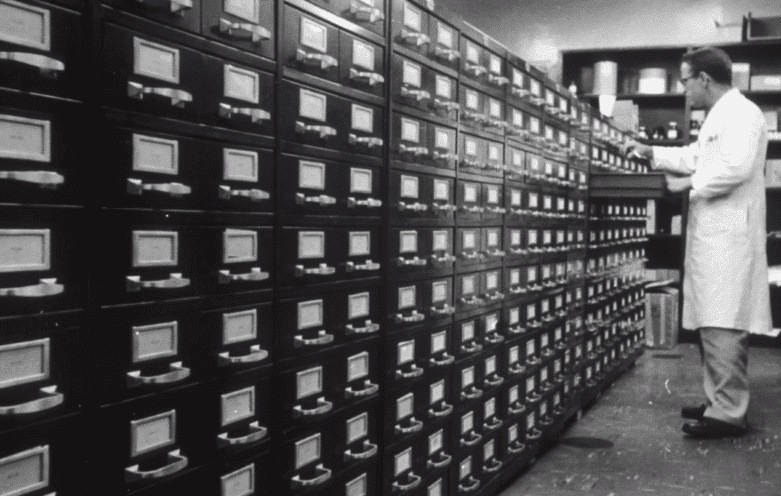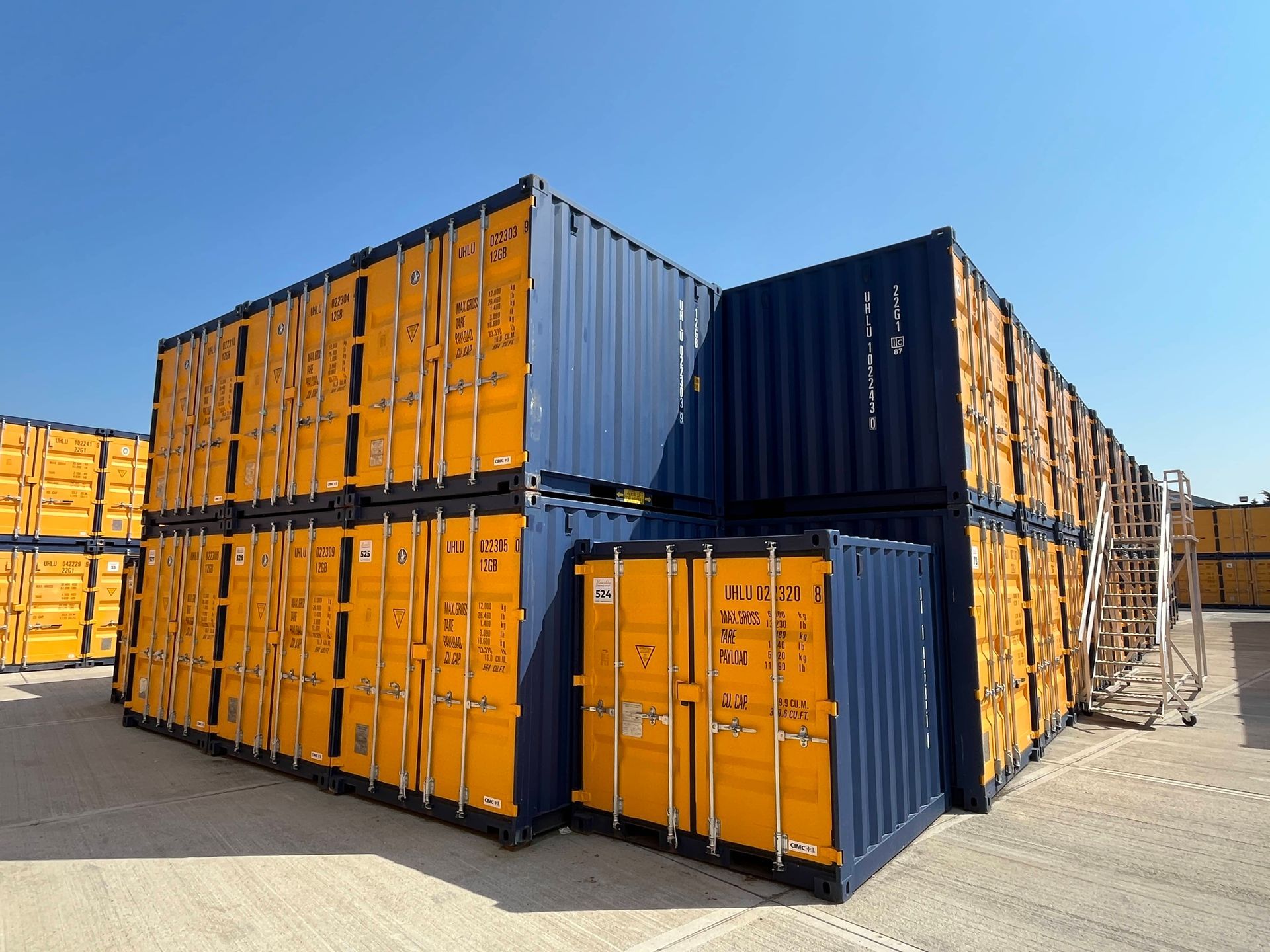
A GUIDE TO STORING MEDICAL FILES
Storing medical files securely is essential, and there are a number of regulations which must be met. Mistakes can be damaging to your organisation and the patient. We have put together a guide to storing medical files in order to help you understand the best practices.
Length of Storage for Medical Files
The minimum length of retention for storing medical files can vary depending on their purpose.
In the UK, physical GP records must be kept for the patient’s lifetime and 10 years after the death of a patient. Furthermore, electronic patient records must not be destroyed or deleted for the foreseeable future.
The length of storage for hospital records in the UK has more variation. You need to store most hospital records for 8 years after the conclusion of treatment or death. Exceptions include maternity records, which must be kept for 25 years after the birth of the last child. Files for children and young people are to be stored until the patient's 25th birthday or 26th if the young person was 17 at the conclusion of treatment, or 8 years after death. Furthermore, mental health records are stored for 20 years or 8 years after the patient has died.
It is important to note that there are different regulations for storing medical files in Scotland.
How to Store Medical Files
Most medical files are now stored online. However, there are many cases where storage of physical, paper copies are also a requirement. For example, the Lloyd George medical records.
Because the nature of medical files is highly confidential, strict procedures must be in place. One of the most important legal regulations to follow is the UK GDPR and Data Protection Act 2018 which sets in law how to handle personal information. Other legal regulations include Public Records Act 1958 and Local Government Act 1972, Freedom of Information Act 2000 and the Health and Social Care Act 2008. The Records Management Code of Practice 2021 provides comprehensive details on all requirements for storing medical files.
Where to Keep Medical Files
It is possible to store physical and digital medical files both on-site or off-site. Storing files off-site is often the most practical option, as you save physical space and file management is made very convenient. You can then easily access digital files from a secure digital platform.
Off-site solutions such as Flexible Storage must ensure that there is a full inventory of what is held off-site, and a disposal log is kept. They also must apply retention periods to each record and show evidence of secure disposal of records and information.
Protecting Medical Files
In order to meet legal regulations, precautions must be taken to keep files confidential. One of the major benefits of storing medical files off-site is the high level of security. At flexible storage solutions, we use steel storage units to store medical files. Protection against fire and water is important to ensure the files are not damaged. Additionally, files must have 24-hour security and surveillance to prevent theft and vandalism.
If you are looking for more information about securely storing medical files for your organisation, get in touch with one of our professional storage consultants today. We will create a quote based on your medical archive storage needs.








